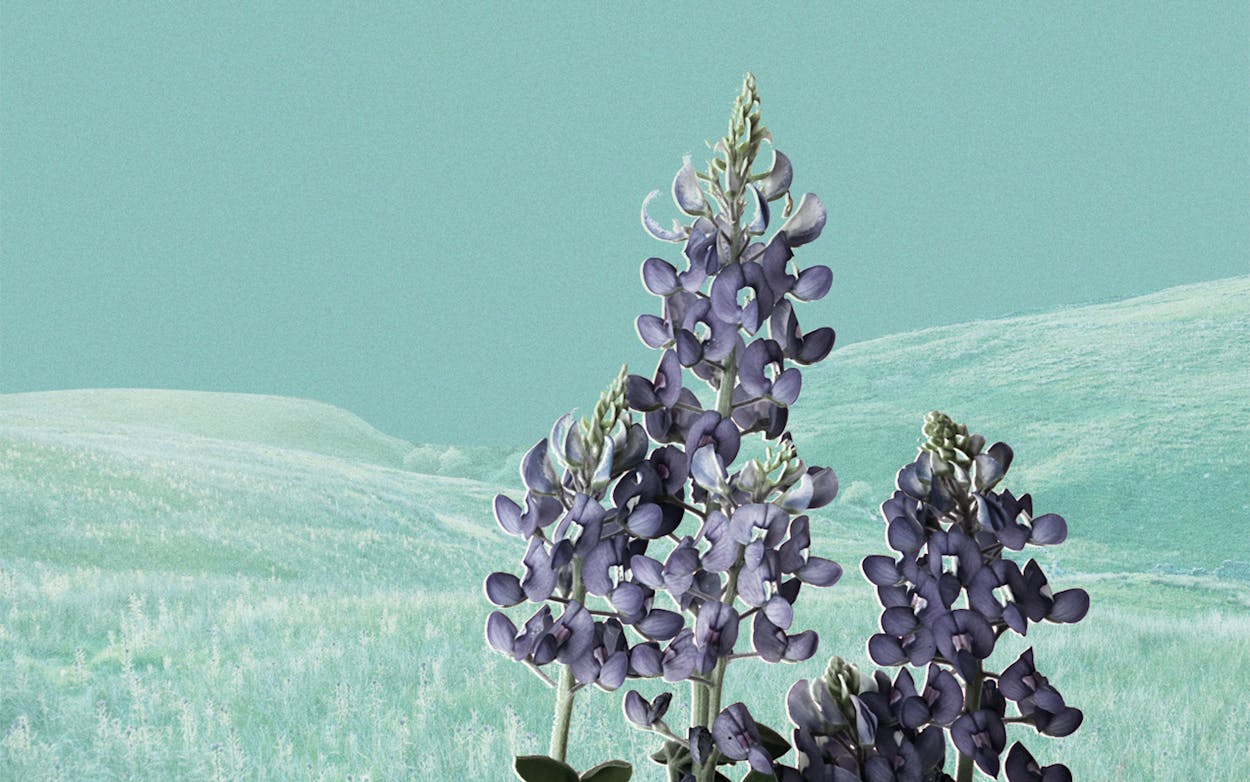Growing up, I never had a green thumb. My grandmother’s lush herb garden tried to teach me to prune and till. My mother even made a science project of constructing the world’s largest compost heap in our backyard, the stench staining my hands. But everything I touched quickly wilted into a brown shriveled mess. In high school, I killed a spider plant that my mother had had since I was an elementary student. I thought maybe it was a matter of age or maturity, so I waited to see if my thumb would green over time.
By my wedding, I was willing to try again. My mother-in-love is a horticulturist, so I felt I had married into some advantage. When she gave me a small herb garden for our tiny apartment, I had visions of freshly seasoned sauces and aromatic garnishes. Unfortunately, raising a young child while juggling two jobs and a new marriage quickly took over. By the time I remembered to water the herbs, the Houston heat had scorched them into something that reminded me of what Ursula was transforming humans into under the sea in The Little Mermaid. I began to wonder if my hands would ever be enough to make something grow.
Then, we got pregnant again. But this time, things weren’t as smooth. Soon complications turned into weekly doctor visits. And then there was no more reason to go. I remember sitting on the patio of my apartment, looking into a sea of plastic pots, all holding dirt and tombstones, my black thumbs having murdered them all. And I felt not equipped to hold a life inside me.
I had always dreamt of a home with bustling bluebonnets, magnificent marigolds, and wildflowers that burst through the ground every spring. The kind of home that looks alive and well. Something I hadn’t felt I had been in so long. I began to think that kind of life was unattainable.
By the time we bought our home, I was resolved to hire a landscaper to make my outdoor dreams come true. But with all of our money dumped into closing and moving costs and an even newer child on the way, that seemed less feasible. So I decided to try it on my own one last time.
I bought a planter box from Lowe’s and filled it high with soil. I planted cucumbers. I figured, since I had failed with flowers so many times before, maybe I should try something I could eat. I watered them every day, and before long they broke ground. Then the vines were wrapping around the trellis, and then I was watching small cucumbers stretch like balloon animals on the vine. I remember crying. Life had seemed so far away before. But here, in small seeds, held possibility.
The next year, I expanded my vegetable garden, still avoiding flowers. Before long, parsley, bell peppers, and watermelon vines were stretching far and wide across my lawn. The Texas sun was beating my sweat and tears down into the soil. But somewhere in me there was still some inadequacy, a fear that I would touch something or do something wrong and ruin it all.
This is the familiar fear most of us carry in our bodies these days, with the world on the brink of losing everything as we know it. We watch the death tolls rise daily from COVID-19 like plastic pots on a patio. We hold to our homes and fear that proximity to our neighbors will suck the life from us. We watch our bank accounts shrivel away, despite watering them with our best intentions. But all is not lost.
One thing I have learned in my fourteen years in Texas is that the bluebonnets always bloom. These flowers find a way to beat all the odds, no matter how harsh the winter or how vicious the hurricane season. When spring lifts her head to sing, the bluebonnets and wildflowers will fight through harsh soil and the uncompromising humidity. Having been trampled and picked, they will come back again and again.
So this year, I paused my fear long enough to buy some flowers. I pushed all my worries and frustrations into my flowerbed, digging and planting each marigold meticulously. I have been watering them every other day, between news updates and the calls of my young children; between the dismal reports and the promises of economic stimulus. And nothing has died, yet. But I am not waiting on death. I know that whatever chaos this pandemic holds, whatever harsh months we have in front of us, whatever I cannot control today, whatever mourning may come, next year the ground will rattle. And something beautiful and expected will erupt and remind us all that, for a moment, we couldn’t see our way out. But beautiful things were always still there, beneath the earth, waiting to live, just like us.
Deborah D.E.E.P. Mouton, an internationally known writer, educator, and activist, is the author of Newsworthy (Bloomsday Literary) and a poet laureate emeritus of Houston.






